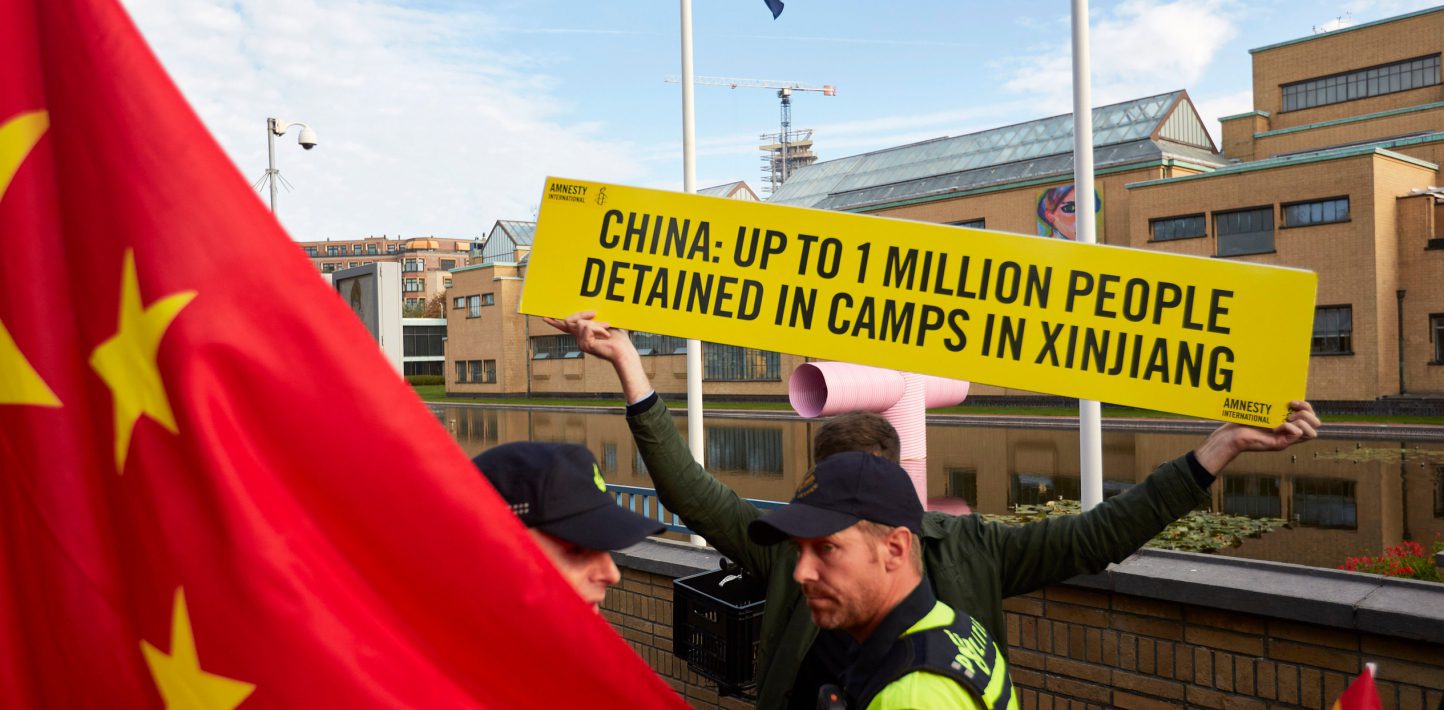Amnesty International is writing to share our concerns and recommendations ahead of the forthcoming European Union (EU) – China summit. While we understand that the main topic of discussions will be the Ukraine crisis and the Chinese government’s position on it, we urge you to dedicate adequate time to also discuss those authorities’ assaults on human rights both within and increasingly outside China’s borders. In that regard, we would also like to caution you against spending time persuading your Chinese counterparts to holding yet another round of the bilateral human rights dialogue.
Our concerns are consistent with High Representative Borrell’s remarks at the recent Munich Security Conference about the need to resist the “revisionist campaign” by the Chinese and other governments against human rights and international institutions.
Since the last EU-China summit, we and other organizations have published additional information that Chinese authorities are committing mass atrocity crimes targeting Uyghurs and other Turkic communities. Beijing’s actions are eliminating Tibetans’ cultural, linguistic, and religious rights, and similarly threaten Hong Kong’s once-vibrant civil society and democratic rights. The government has deepened its use of high-tech state surveillance, persecuted or prosecuted countless independent activists, and sought to weaken international mechanisms by which it could be held accountable at the United Nations. Recent events further show how empty the Chinese government’s alleged commitment to “respect for international law and for fundamental norms governing international relations, with the United Nations (UN) at its core” were, as expressed at the end of the 2019 summit.
We acknowledge that the EU has taken a series of steps in reaction to the profound human rights crisis unfolding under State Chairman Xi Jinping – significant achievements given the challenges of unanimity in EU foreign policy. However, we regret that Europe’s approach has yet to match the severity of that crisis.
In this context, we are particularly concerned about allocating precious time during the upcoming summit to discussions over holding yet another round of the bilateral human rights dialogue. Despite truly commendable efforts by the European External Action Service (EEAS), the exercise itself is, at best, incapable of triggering any meaningful human rights progress in the country, and, at worst, a counterproductive public relations coup for the Chinese government.


